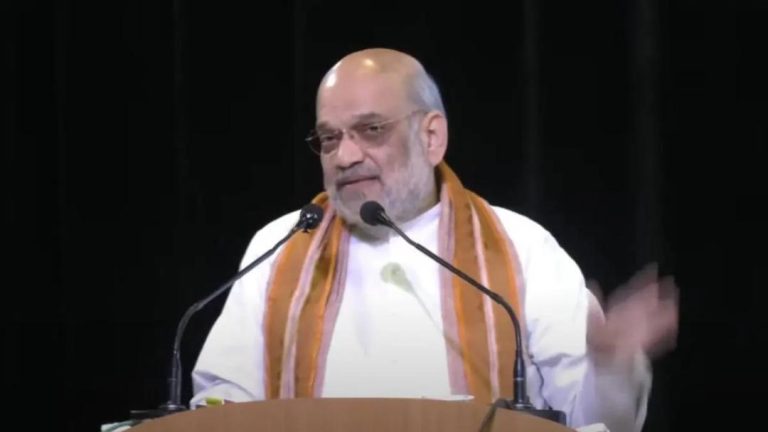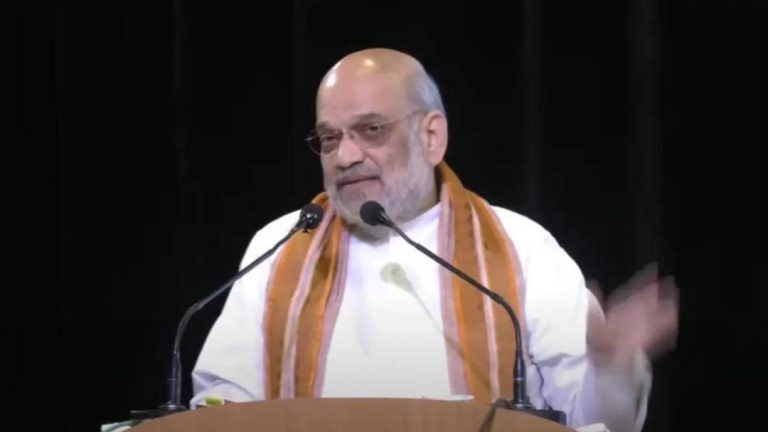
Indian Stock Market Consolidates Amid Global Uncertainties
The Indian stock market continued to consolidate this week, with benchmark indices Sensex and Nifty slipping over half a percent amid weak global cues and trade war concerns. Despite the consolidation, the broader sentiment was cautious, with investors reacting to renewed tariff threats from the US, leading to profit-taking in large-cap stocks.
The Sensex and Nifty, which had been trading in a narrow range earlier, slipped 0.52% and 0.54%, respectively, on Friday, to close at 38,945.85 and 11,642.85, respectively. The broader market, as represented by the Nifty Midcap 100 and Smallcap 100 indices, also slipped, with the former falling 0.75% and the latter dropping 1.15%.
The consolidation in the Indian stock market can be attributed to the uncertainty surrounding the global economy and the ongoing trade war between the US and China. The US has threatened to impose tariffs on $325 billion worth of Chinese goods, which has led to concerns about a potential trade war. This has had a ripple effect on global markets, including the Indian stock market.
Despite the weakness in the broader market, some sectors such as pharma, metal, and energy stocks managed to rise. The pharma sector, which has been under pressure due to regulatory issues and concerns over patent expiries, saw stocks such as Dr. Reddy’s Laboratories, Cadila Healthcare, and Sun Pharmaceutical Industries rising between 1.5% to 3.5%. The metal sector, which has been supported by strong demand from the construction and infrastructure sectors, saw stocks such as Hindalco Industries, Tata Steel, and JSW Steel rising between 1.5% to 3.5%. The energy sector, which has been supported by strong demand from oil refiners, saw stocks such as Reliance Industries, Hindustan Petroleum Corporation, and Indian Oil Corporation rising between 1.5% to 3.5%.
FIIs to Return Soon?
Despite the consolidation, experts are of the view that FIIs (Foreign Institutional Investors) may return to the Indian market soon. In the recent past, FIIs have been net sellers in the Indian market, citing concerns over valuations and the global economy. However, experts believe that FIIs may return to the market once the global economy stabilizes and valuations become attractive.
“We expect FIIs to return to the market once the global economy stabilizes and valuations become attractive,” said a leading analyst. “The Indian market has been trading at relatively low valuations compared to other emerging markets, and we expect FIIs to take advantage of this opportunity to invest in the market.”
What’s Next?
The Indian stock market is expected to remain volatile in the short term, with investors reacting to global cues and trade war concerns. However, experts believe that the market may stabilize in the long term, driven by strong fundamentals and a stable economy.
“We expect the Indian market to stabilize in the long term, driven by strong fundamentals and a stable economy,” said a leading economist. “The government’s efforts to boost infrastructure spending and improve the business environment are likely to support the market in the long term.”
Conclusion
In conclusion, the Indian stock market consolidated this week, with benchmark indices Sensex and Nifty slipping over half a percent amid weak global cues and trade war concerns. Despite the consolidation, some sectors such as pharma, metal, and energy stocks managed to rise, driven by strong demand and supportive factors. Experts are of the view that FIIs may return to the market soon, driven by attractive valuations and a stable economy. The Indian stock market is expected to remain volatile in the short term, with investors reacting to global cues and trade war concerns. However, experts believe that the market may stabilize in the long term, driven by strong fundamentals and a stable economy.






